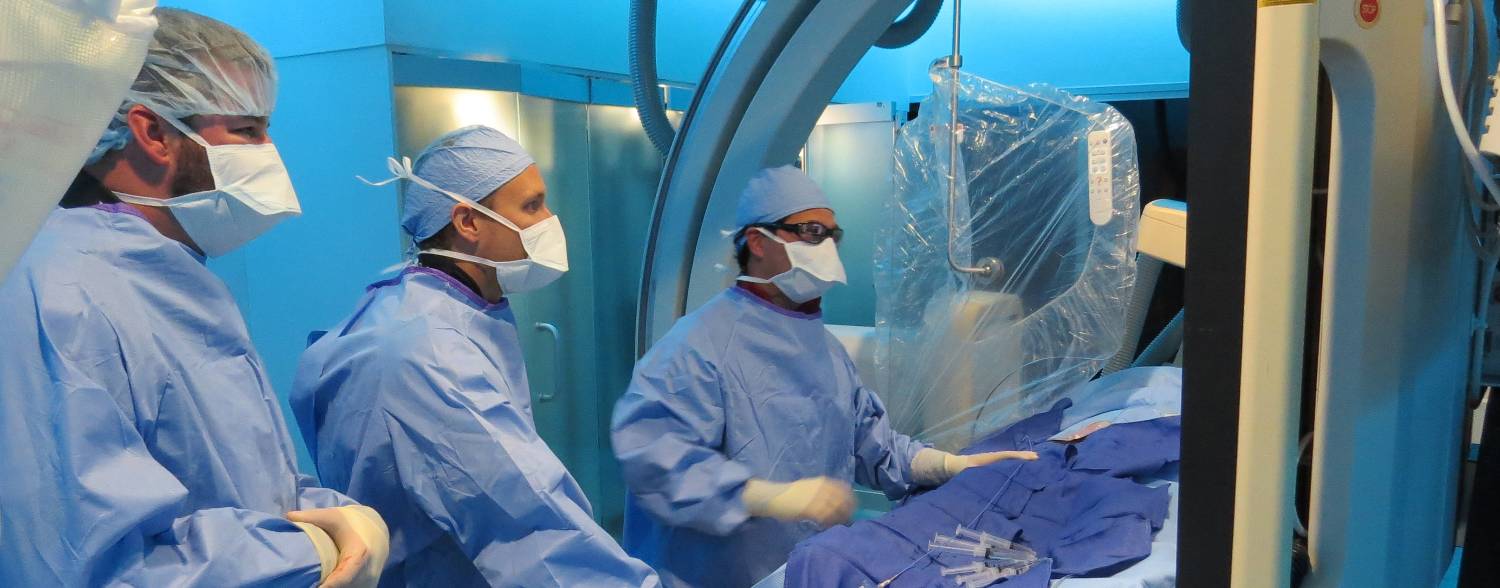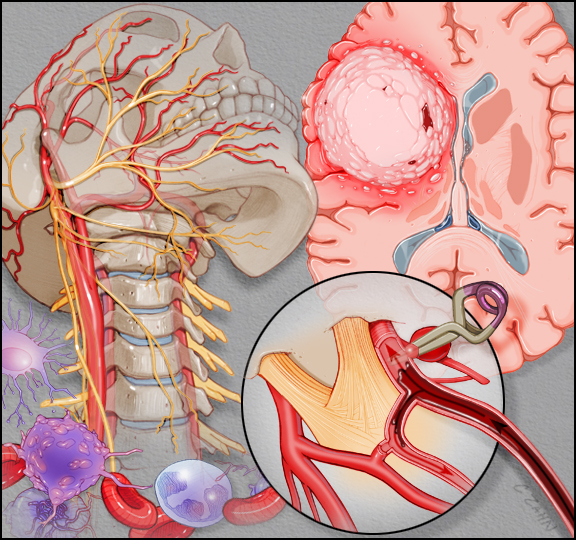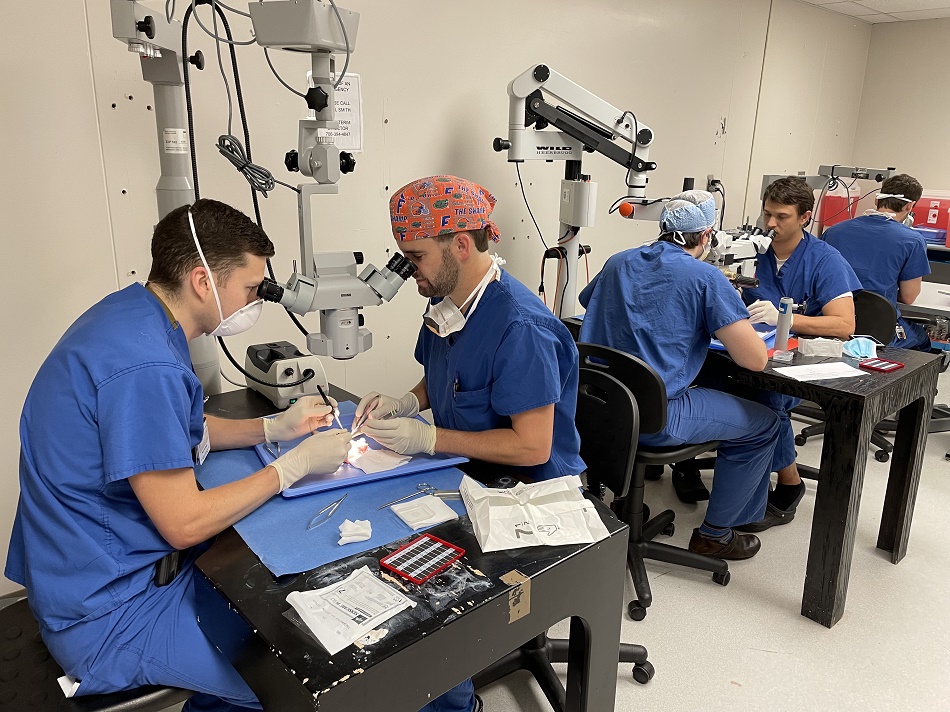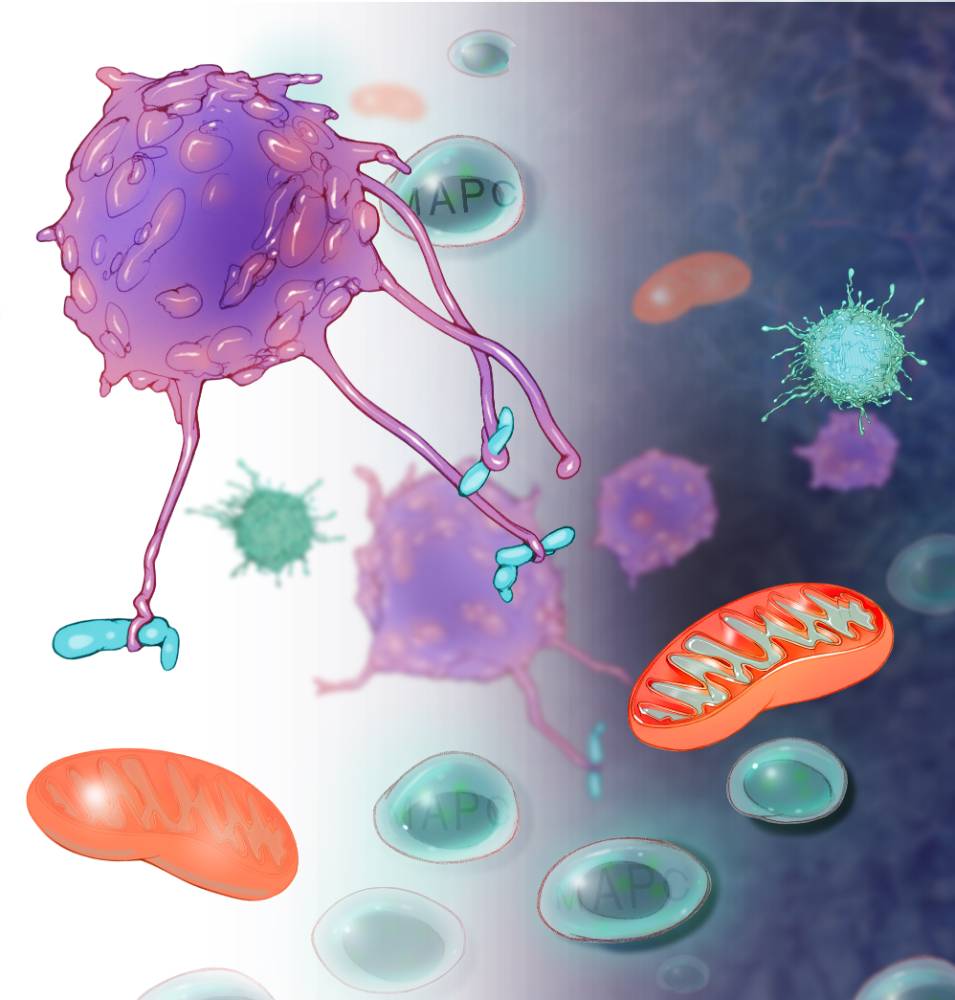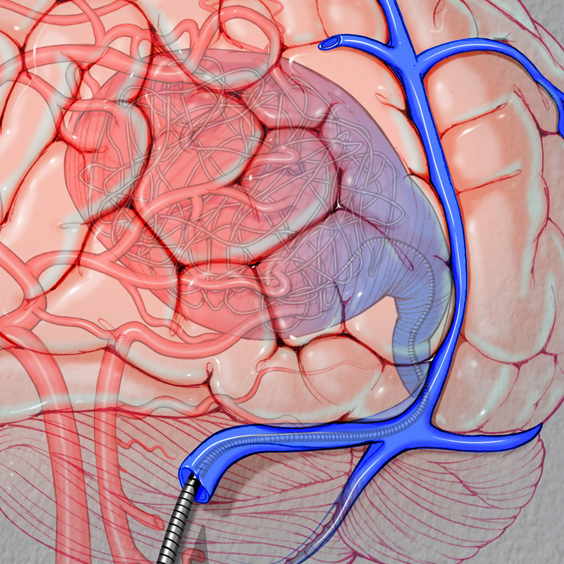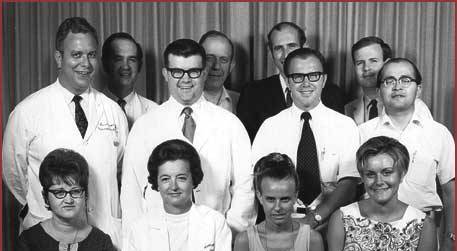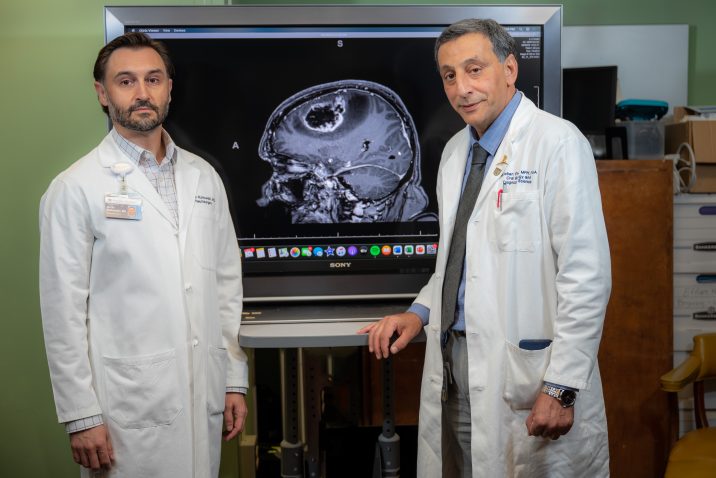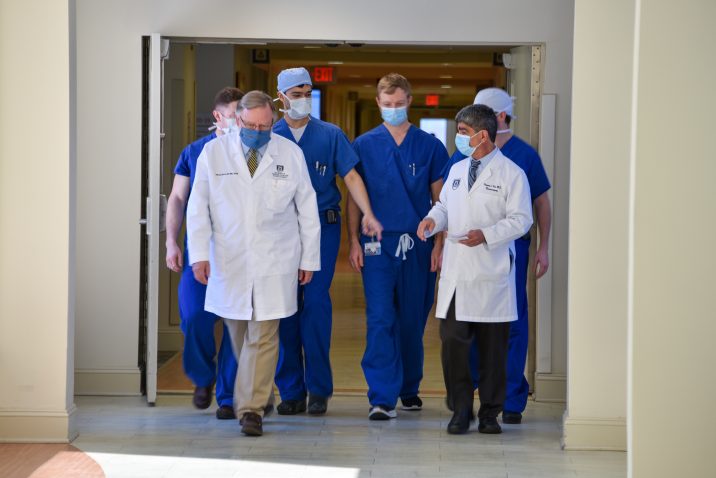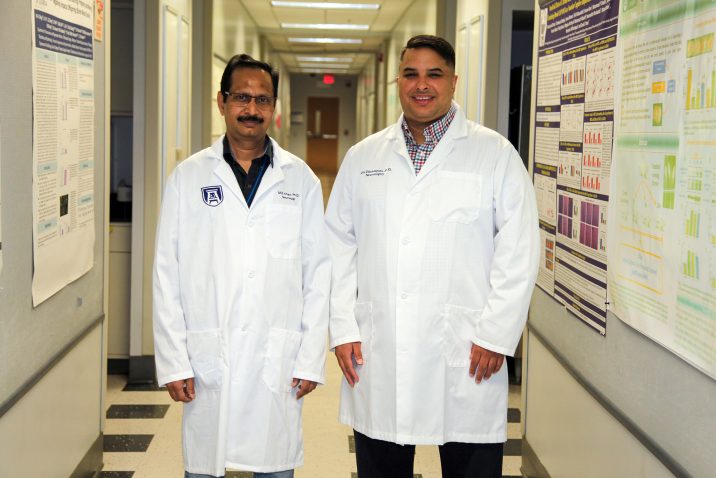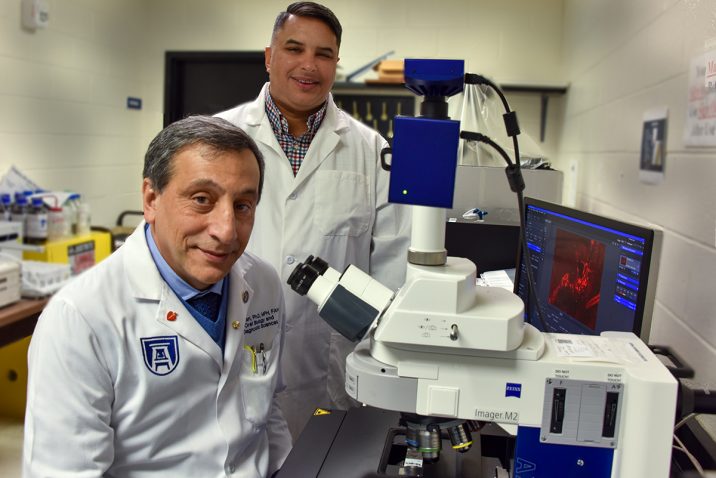Understanding the inner workings of the human brain
The Means Report is placing a focus on the medical side of events in our lives, and taking a look at the wonders of modern medicine and the exciting things going on right down the street at the Medical College of Georgia at Augusta University with a focus on the human brain. To find out everything we can about it, two of the area’s top experts, Dr. John Henson, neuro oncologist, and Dr. Fernando Vale, neurosurgeon, both take time out of their day to be with us.
Continue Reading

